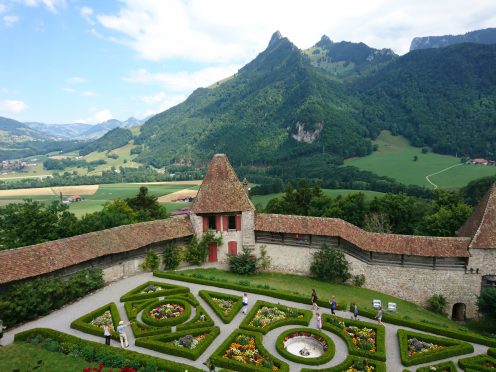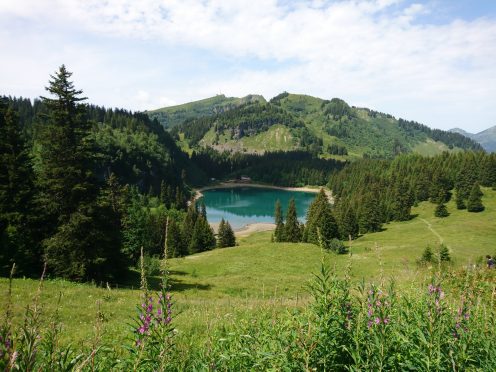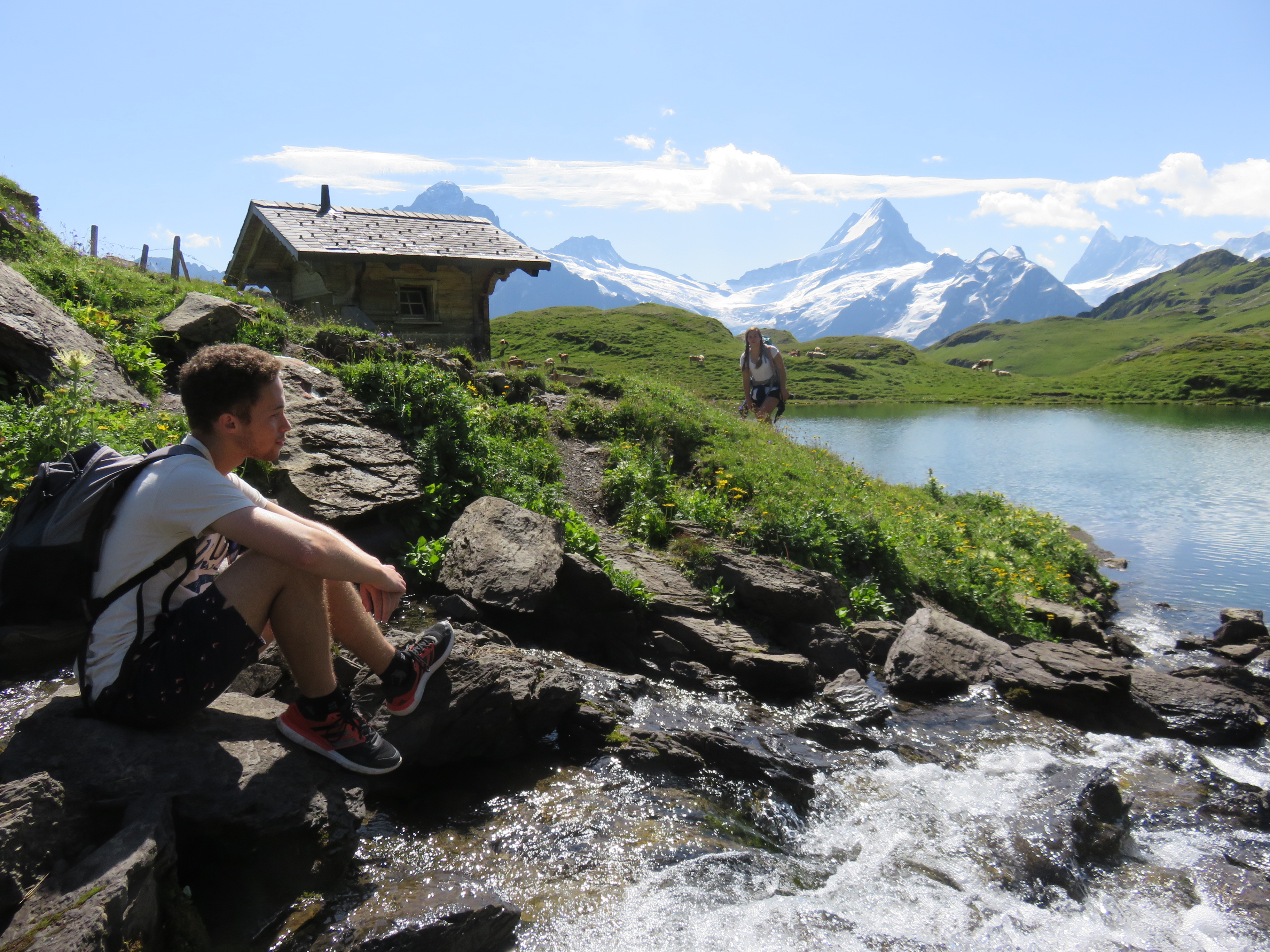Opting for an All-year Summer:
There’s nothing quite like applying for an overseas experience as a student. You fill in a form with little expectations and send it away with minute hopes of an acceptance notification finding its way back to you. The incredible benefit of this situation is that when that email does come back to you, it should be a pleasant surprise. You can hear opportunity hammering at the door, eager to steal you away – but don’t get ahead of yourself, there’s plenty of delicate planning and managing to do before the trip.
Priority numero uno is to get those tickets booked. The closer time creeps towards your travel deadline, the more expensive your tickets become. I would suggest purchasing them as soon as you know that you’re able to attend the program you applied for. Next up is the visa. This is the tricky bit so be cautious, careful and most importantly, be nice to the people who you apply for one through. Book a visa application appointment shortly after procuring your flight tickets as, if you have bad luck, the process of obtaining one can take over three weeks. Often a visa abroad will require you to make an application through a middle-man company. Be ready for eye-wateringly slow or inefficient service. Keep telling yourself that if you get through this, you can reward yourself with the experience of a life time. Once these two technical facets of the journey are laid to rest, you need to consider several things about your time leading up to the trip will be spent.
If the program you’re applying to runs over a northern-hemisphere summer it is likely that you will have to miss several weeks of class while attending the program. Contact lecturers and department heads as soon as possible to try and figure out how you will make up for missed lectures, assignments and tests.
It is at this point that you should realize you’re making a truly impactful decision in your life; you are choosing to further your career and grab at the opportunities you’ve been given, even though they may come at the price of hard work.
If the program runs over a southern-hemisphere summer, tell your friends you’ll see them next year.
As the date of your departure approaches you may feel anxious or ecstatic. Both are completely acceptable and, in my limited experience, one can oscillate between them quite frequently. You may worry about how things will change while you’re away, how you will miss your family and friends and how frightening a new place with new people and different customs may be. These will directly conflict with thoughts about travel, the opportunity to meet new people and how this could be your first step into an actual career in your field and how proud you should be of yourself for making it this far.
And for those of you who think planning doesn’t come naturally for you; it will after preparing yourself for studying abroad.
Cheese, Jazz and Integrative Genomics:
I attended the University of Lausanne’s Summer Undergraduate Research (SUR) Program, which was active between July 2nd and August 26th 2017. The program allowed for prospective attendees to choose three laboratories they would be interested in working in for the two months, based on the research being conducted in said labs. I was allowed the pleasure of working in the Centre for Integrative Genomics under Professor Liliane Michalik. Upon my arrival at the laboratory, I was assigned to a Post-Doctoral student, Dr Christine Pich, whose research I would be attempting to further with technical skills taught to me by Helene Moser, the lab technician.
Dr Pich’s project was to understand the relationship of a nuclear hormone receptor (PPARγ) in melanoma cells to pro-tumorigenic activation of fibroblast cells surrounding these melanomas. Most of the practical skills applied to this research had to be taught to me from scratch – human cell culture, RNA extractions, reverse transcription, qPCR and ELISAs. The learning could be tough at times due to the French-English language barrier between Helene and myself, but through her tireless efforts and patience I was able to progress to the point of near-independence in the lab.

The organisers of the program, Dr Richard Benton and Mrs Laurence Fluckiger had also prepared several activities for us over the two months. To start it all off was a welcome tour of the city of Lausanne, culminating in a beautiful, dock-side picnic. It was at this point that our group was given the pleasure of meeting with participants of a similar program at the EPFL, another university in Lausanne. On the first Saturday of our stay in Switzerland, a hike in the Lac de Chavonnes region was arranged (see attached photos). Every Friday of the program we were invited to attend seminars, career workshops or talks about how to progress through the minefield that is academia. Often these doubled as opportunities to again socialize with individuals from the EPFL, and the respective doctors and professors who presented the talks. Towards the end of the program a BBQ for all students and their supervisors, from both universities, was arranged – this one of many highlights of the trip.

Other than planned events, groups of us students would go out and explore Switzerland almost every weekend.
I saw crowded, lake-side jazz festivals, rolling hills, jagged mountain paths, chocolate factories, quint towns nestled in valleys, fireworks and enough castles to sate my interest in the medieval times for the rest of my natural-born life.
It goes without saying that one needs to sample traditional Swiss food; never have I seen so many unique and ingenious ways of utilizing cheese, bread, potatoes and wine.
The experience of stepping into a new, vibrant culture was incredibly uncomfortable, challenging and, above all, enjoyable. I can honestly say that the time and work I sacrificed to attend the SUR program was more than paid for by the rich and stimulating experiences I was lucky enough to glean from my trip.
A Return from Foreign Concepts:
The return from the trip was by far the most challenging part of the whole SUR program experience.
The first week back was quite grueling; straight into a test for week for subjects I hadn’t been in class for, arrangements and meetings with professors and lecturers to double-check the schedules for how I would catch up with work. The mounds of theoretical work and studying awaiting my return were quite jarring. The two months abroad had changed my approach to learning to the degree that slipping back into the routine of attending class was difficult.
Though these weeks posed a challenge, I soon found myself with my nose to the grindstone, slowly but surely adjusting to life on campus. This part of the journey brought me to the realization that I want to work in science; I want to obtain my undergraduate degree, take on a research project and apply the amassed knowledge of the last three years in a laboratory setting. I’m surer now than I have ever been that I want my feet planted firmly in science.
While attending the SUR program hasn’t funneled me toward a specific topic to pursue in post-graduate studies, I now have some ideas about what I enjoy with regards to research and a clearer picture of what being a scientist entails. I feel that this concept is something valuable and difficult to grasp or be aware of without exposure to another, different working environment. Spending time with academics and students from different backgrounds and fields has been intellectually stimulating for me, and I would suggest that anyone attempting to foster a career in science attempt to branch out and speak to students and professors from other universities.
My experience of university before attending the SUR program had led me to the perception that good grades and test scores could somehow constitute an excellent researcher. I am now of the opinion that the number of accolades a student can obtain is not a definite indication of that student’s ability to think and apply the work taught to them during undergraduate studies; rather, it seems to represent the appetite of said student to learn. Seamless practical work cannot be taught in a classroom – it must be honed by the individual through repeated failures and successes in the laboratory.
Above all, this journey has taught me to learn from my errors, and to use them as a platform on which to build future success.
Attending this SUR program was truly an honour and a privilege. I would highly recommend that anyone considering applying for other such programs do so – there is nothing to lose if one is not accepted, and the experience of a life time to gain if one is.

